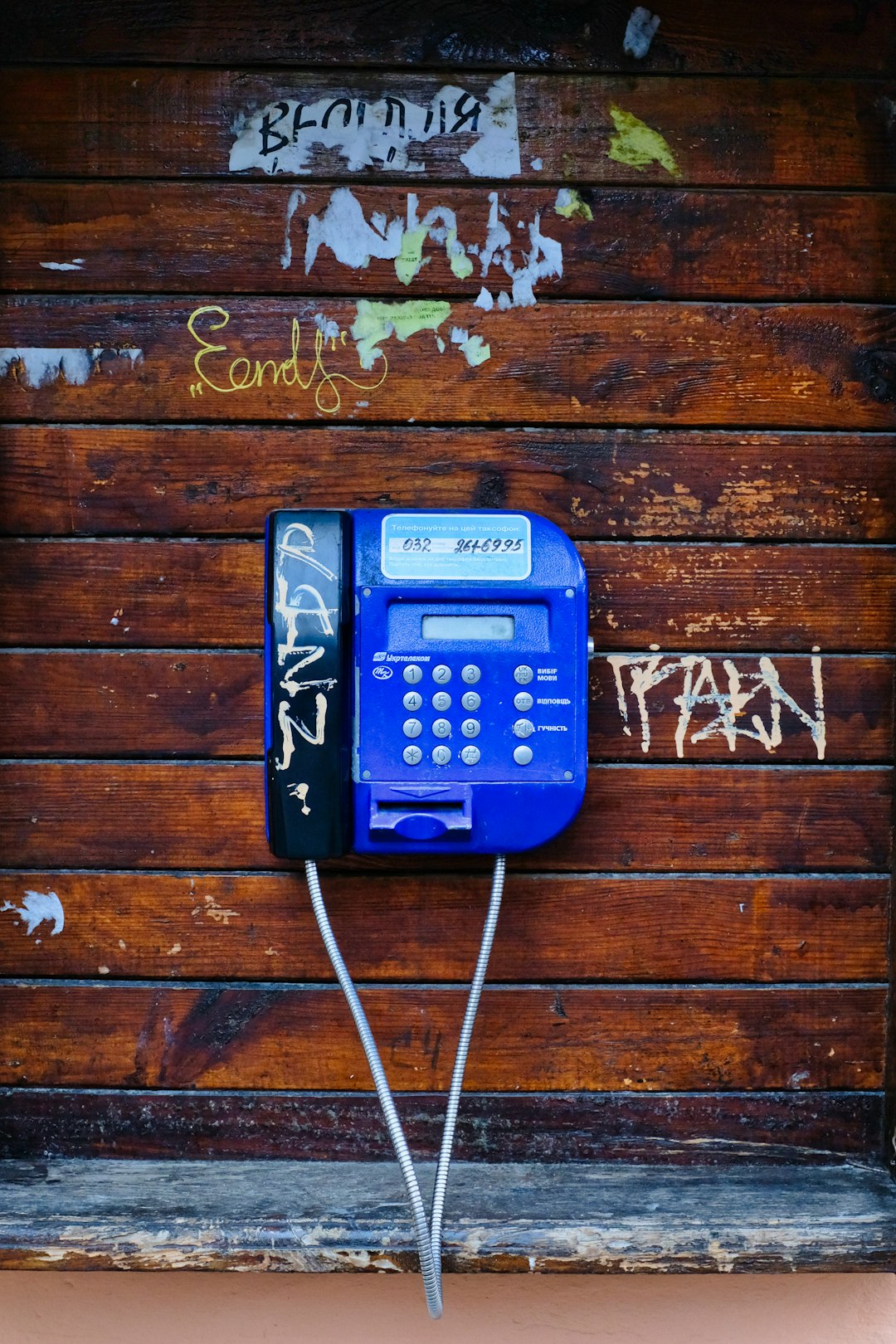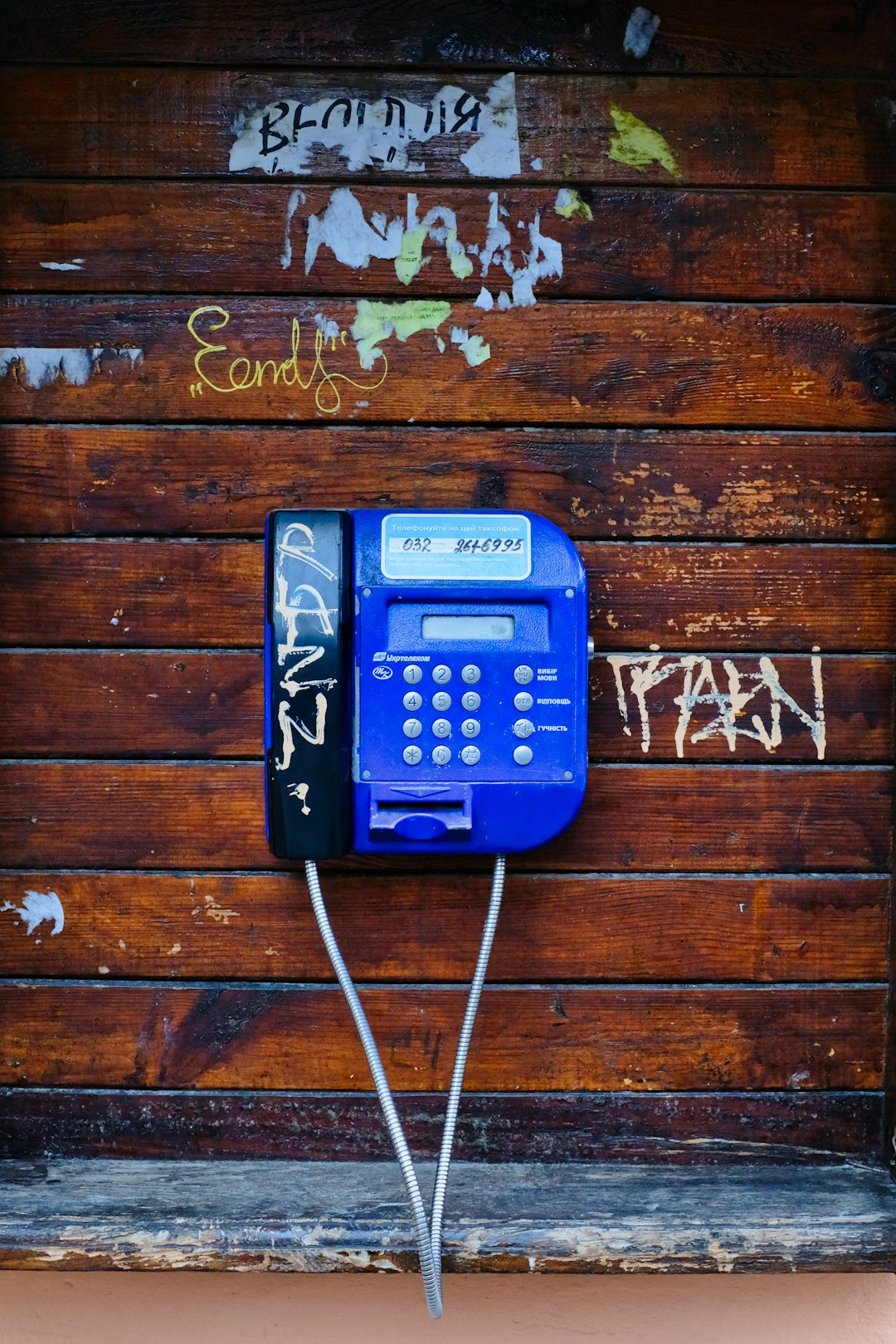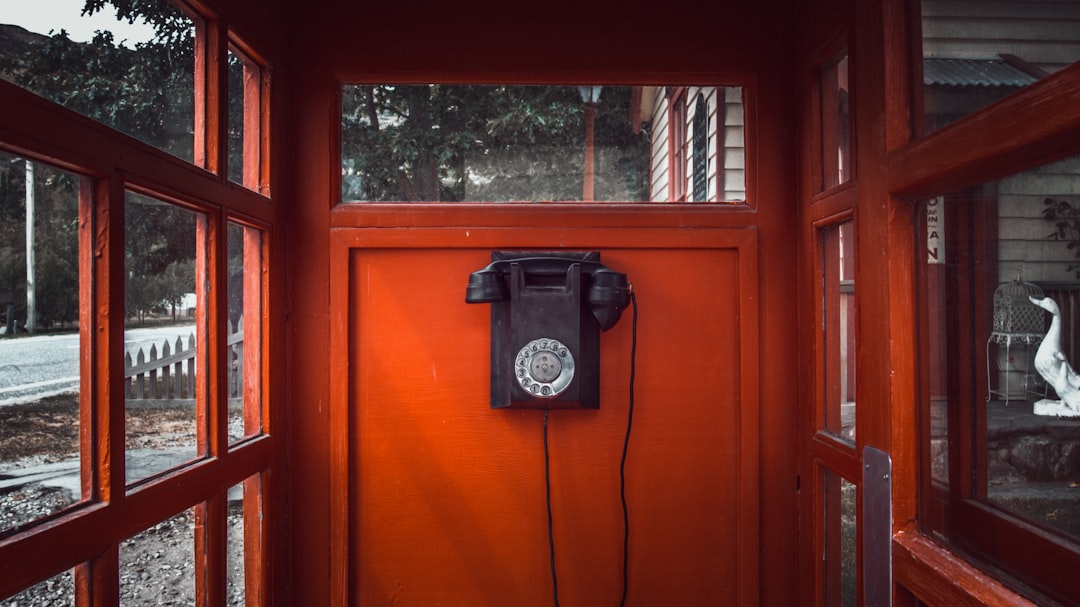Los Angeles' strict Do Not Call laws protect residents from unwanted telemarketing calls, with regulations enforced by the Federal Trade Commission (FTC) and California's Comprehensive Data Privacy Act (CCPA). Law firms must obtain explicit consent before contacting potential clients and promptly honor stop-calling requests to avoid penalties. Consumers can reduce marketing calls by registering on the California Do Not Call list. These laws significantly impact telemarketers, sales professionals, and Do Not call law firms Los Angeles, emphasizing the importance of proper call management and respect for consumer choices. Businesses face penalties for unsolicited calls unless they have an existing relationship or explicit consent, fostering a positive customer relationship.
“Unraveling Los Angeles’ Do Not Call Laws: A Comprehensive Guide. Discover the intricacies of California’s consumer protection regulations, designed to safeguard residents from unsolicited phone calls. This article breaks down the legal framework, identifying who’s affected and what rights businesses and residents hold. Learn about common pitfalls to avoid when reaching out to potential clients, especially in the competitive Los Angeles market. Key focus: do not call law firms Los Angeles for a deeper understanding of compliance.”
Understanding Do Not Call Laws: A Basic Overview

The “Do Not Call” laws in Los Angeles, like many other cities and states, are designed to protect consumers from unwanted telemarketing calls. These laws restrict the number of calls that law firms and other businesses can make for promotional purposes, with the goal of reducing harassment and providing peace of mind to residents. In California, including Los Angeles, businesses must comply with specific regulations set by the Federal Trade Commission (FTC) and state laws.
Los Angeles’ Do Not Call laws apply to both live calls and automated or prerecorded messages. Law firms operating in this area must ensure they have proper consent before contacting potential clients, and they must honor requests to stop calling within a reasonable timeframe. Failure to comply can result in penalties for the firm. For consumers, registering on the California Do Not Call list is an effective way to reduce the number of marketing calls they receive from law firms and other businesses in Los Angeles.
The Legal Framework: California and Los Angeles Regulations

In California, including the bustling metropolis of Los Angeles, the Do Not Call laws are strictly regulated to protect residents from unsolicited telephone marketing calls. The state’s regulations are some of the most stringent in the nation, reflecting a commitment to preserving peace and tranquility for its citizens, especially at their homes.
The Do Not Call Law firms Los Angeles must adhere to both state and local guidelines. California’s Comprehensive Data Privacy Act (CCPA) provides individuals with the right to prevent their personal information from being sold or shared for sales purposes. Additionally, Los Angeles has its own ordinances that further restrict telemarketing practices, ensuring that residents can enjoy their privacy without constant interruptions. These laws are enforced by the California Attorney General and local prosecutors, who take action against violators to protect consumer rights.
Who Is Affected by Do Not Call Laws in LA?

In Los Angeles, the Do Not Call laws primarily target telemarketers and sales professionals, aiming to protect residents from unwanted phone calls. These regulations are especially relevant for Do Not call law firms Los Angeles as they must adhere to strict guidelines when contacting potential clients. The law covers both residential and mobile telephone numbers, ensuring that businesses obtain explicit consent before making telemarketing or sales calls.
The impact extends beyond traditional telemarketers; it affects a wide range of organizations, including legal firms, that utilize phone marketing strategies. Do Not call law firms Los Angeles must implement robust do-not-call management systems to ensure compliance. This involves maintaining accurate records, implementing opt-out mechanisms, and respecting consumer choices to avoid penalties and maintain a positive reputation in the highly regulated telemarketing landscape of Los Angeles.
Enforcing the Rules: Rights and Responsibilities of Businesses and Residents

In Los Angeles, enforcing the Do Not Call laws is a joint effort between businesses and residents. Companies that ignore these regulations face strict penalties, including fines and legal actions. Businesses are responsible for ensuring their marketing practices comply with the law, which prohibits unsolicited telephone solicitation for sales or services. This means no cold calling unless the caller has an existing business relationship with the recipient or has received explicit consent.
Residents also play a crucial role by registering their phone numbers on the Do Not Call lists and reporting any perceived violations. By doing so, they help maintain a peaceful and respectful communication environment. Businesses that respect these rights not only avoid legal repercussions but also foster better customer relationships, as consumers appreciate reduced unwanted calls. This harmonious balance ensures that Los Angeles residents can enjoy their privacy while businesses can engage in effective marketing without disturbing the Do Not Call guidelines.
Common Mistakes to Avoid When Calling in Los Angeles

Many businesses and individuals make the mistake of assuming that all phone numbers are equal, but when it comes to reaching out to potential clients or customers in Los Angeles, understanding the Do Not Call Laws is crucial. Ignoring these laws can result in not only wasted time and resources but also legal repercussions. One common oversight is calling numbers that have been registered on the Do Not Call list, which includes both residential and business lines. These lists are strictly regulated, and it’s essential to verify that a number is not on the list before making any calls.
Another mistake is failing to adhere to proper call practices. This includes being respectful of the recipient’s time, providing clear and concise information about your product or service, and ensuring you have permission to continue contacting them. Unwanted or harassing calls can quickly land you in legal hot water, especially when dealing with Do Not Call law firms Los Angeles. Always remember to obtain consent, follow up only as permitted, and respect the recipient’s right to opt-out at any time.






